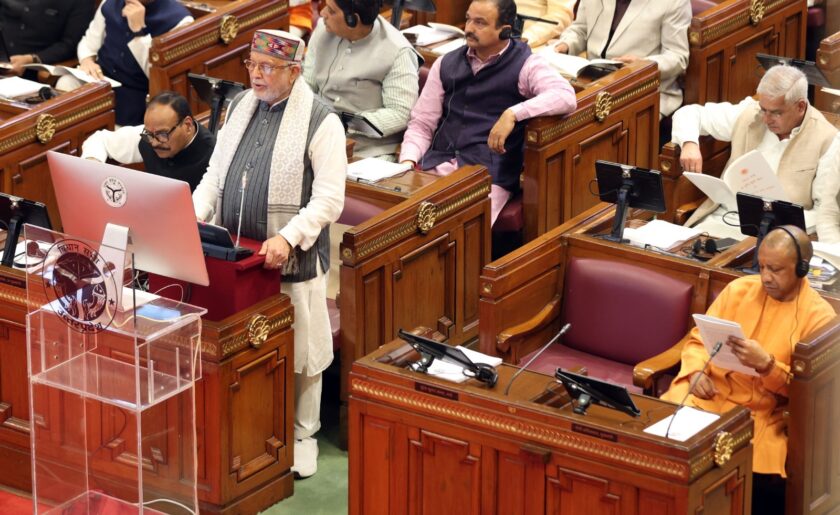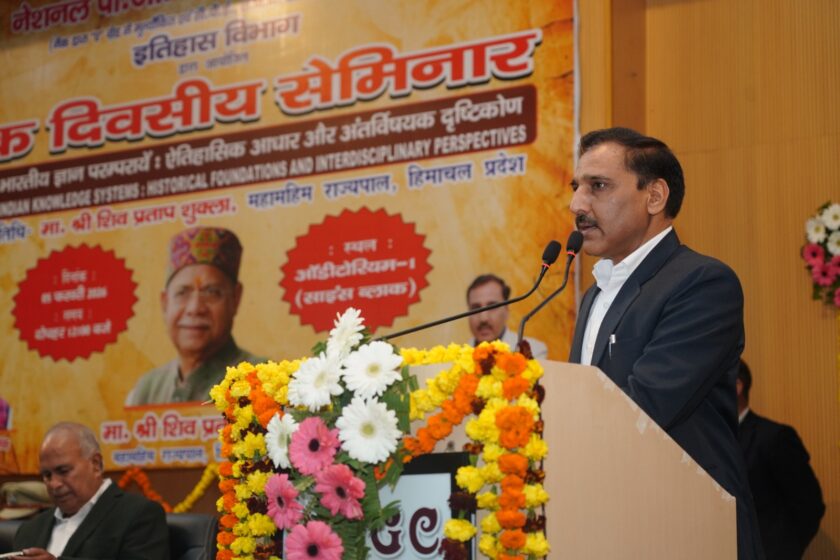Lucknow – In a major boost for farmers in Uttar Pradesh, the Central Government has approved the procurement of moong (green gram) and groundnut at Minimum Support Price (MSP). The move comes as a result of sustained efforts by Chief Minister Yogi Adityanath and has been warmly welcomed by the farming community across the state.
The approval was confirmed during a video conference held between Union Minister of Agriculture and Farmers’ Welfare Shivraj Singh Chouhan and Uttar Pradesh Agriculture Minister Surya Pratap Shahi.
During the meeting, Minister Shahi informed the Union Minister that for the Zaid crop season 2024–25, 1.60 lakh hectares of land in the state have been covered under moong cultivation, and 1.74 lakh hectares under groundnut. He urged the Centre to procure these crops at MSP, a proposal which was promptly accepted by Minister Chouhan.
The Government of India has set the procurement target at 34,720 metric tonnes for moong and 50,750 metric tonnes for groundnut. This decision is expected to benefit thousands of farmers across Uttar Pradesh, providing them with assured income and price security.
Union Minister Shivraj Singh Chouhan also assured that procurement targets may be increased if necessary. Furthermore, he stated that if a proposal is received for the procurement of urad (black gram), it will also be considered favorably.

Uttar Pradesh Agriculture Minister Surya Pratap Shahi expressed gratitude to Prime Minister Narendra Modi and Union Agriculture Minister Shivraj Singh Chouhan for their farmer-friendly decision. “This approval will not only stabilize market prices but will also empower farmers economically,” said Shahi.
He further appealed to the Centre to consider procurement of maize, which is being cultivated extensively over 4.80 lakh hectares in the Zaid season. He emphasized that including maize under MSP procurement would ensure additional income for farmers and further strengthen the rural economy.
This landmark move underscores the government’s commitment to farmer welfare and is expected to significantly ease the challenges faced by cultivators during the Zaid cropping cycle.










